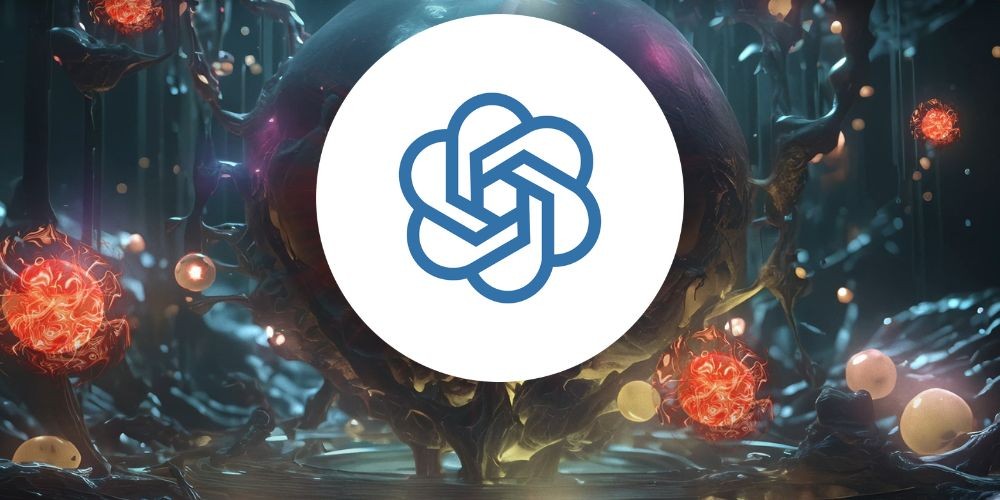The Dawn of Authentic AI Voices: OpenAI's Pioneering Cloning Engine
- Apr 03, 2024

OpenAI's foray into the world of synthetic voices with its latest innovation, the Voice Engine, marks a new era in the field of AI-driven audio. This groundbreaking tool can replicate a voice from a mere 15-second sample, meticulously crafting audio that mirrors the original speaker with spine-tingling accuracy. While it's not yet ready for public release, the implications of such technology for industries across the board are massive. However, OpenAI is cautiously approaching the launch, aware of the potential for misuse, and diligently aiming to ensure that the technology is wielded responsibly.
The backbone of OpenAI's Voice Engine lies in its AI model, which has been subtly at work within several familiar platforms, including ChatGPT and Spotify, to astonishing effect. The model's training is a mix of licensed and publicly sourced data — though the specifics remain under wraps due to potential IP disputes and the silent trust companies place in proprietary data. The technology is sophisticated, leveraging a combination of diffusion processes and transformers to generate lifelike speech that doesn't require custom models for each new voice, presenting a new frontier in AI efficiency and scalability.
Pricing is a defining factor for the Voice Engine. With OpenAI setting an aggressive rate that undercuts many competitors, this engine could significantly alter the economic landscape of voice acting. This affordability, however, comes without certain customizable features like tone or pitch adjustments — at least in the current iteration. There's anticipation about how the eventual public release will be received and how quality comparisons will pan out amongst other voice cloning contenders.
The voice acting industry is understandably apprehensive. The emergence of generative AI threatens the traditional mechanisms of voice talent sourcing and compensation. Yet, there is a movement to adapt; some platforms are creating marketplaces that reward original voice creators when their AI-generated voices are used. OpenAI, while not planning to adopt marketplace or union-based models, emphasizes the importance of explicit consent and transparent disclosure in the usage of its voice cloning tool.
As OpenAI navigates the path to the tool's public debut, ethical concerns loom large. Misuse of voice cloning can pertain to multiple nefarious purposes, from spreading hate speech to fooling security systems. OpenAI is combating this by launching exclusively with a handful of low-risk partners and focusing on socially beneficial applications. This careful rollout reflects a greater industry question regarding the responsibility of AI developers to prevent malicious applications of their technology. In conclusion, OpenAI's Voice Engine heralds a new chapter in artificial intelligence, blurring the line between human and AI-generated speech. Its imminent release will not only democratize voice production but also challenge existing economic and ethical frameworks. As we await its arrival, the tech community must consider the broader implications, manage potential risks, and embrace the opportunities that such a transformative tool presents.
Latest Articles
-
![Budding Fortunes: Navigating the Intricate World of Animal Crossing Money Trees]()
- Feb 22, 2026
-
![Embracing New Magic: The Dawn of a Fresh Wizarding Journey]()
- Feb 22, 2026
-
![Romania's High-Stakes Counter-Strike 2 Playoffs: The Road to Glory]()
- Feb 22, 2026
-
![Ancient Shadows and Fluid Combat: A Journey Through Nioh 3's Mystical Japan]()
- Feb 08, 2026











